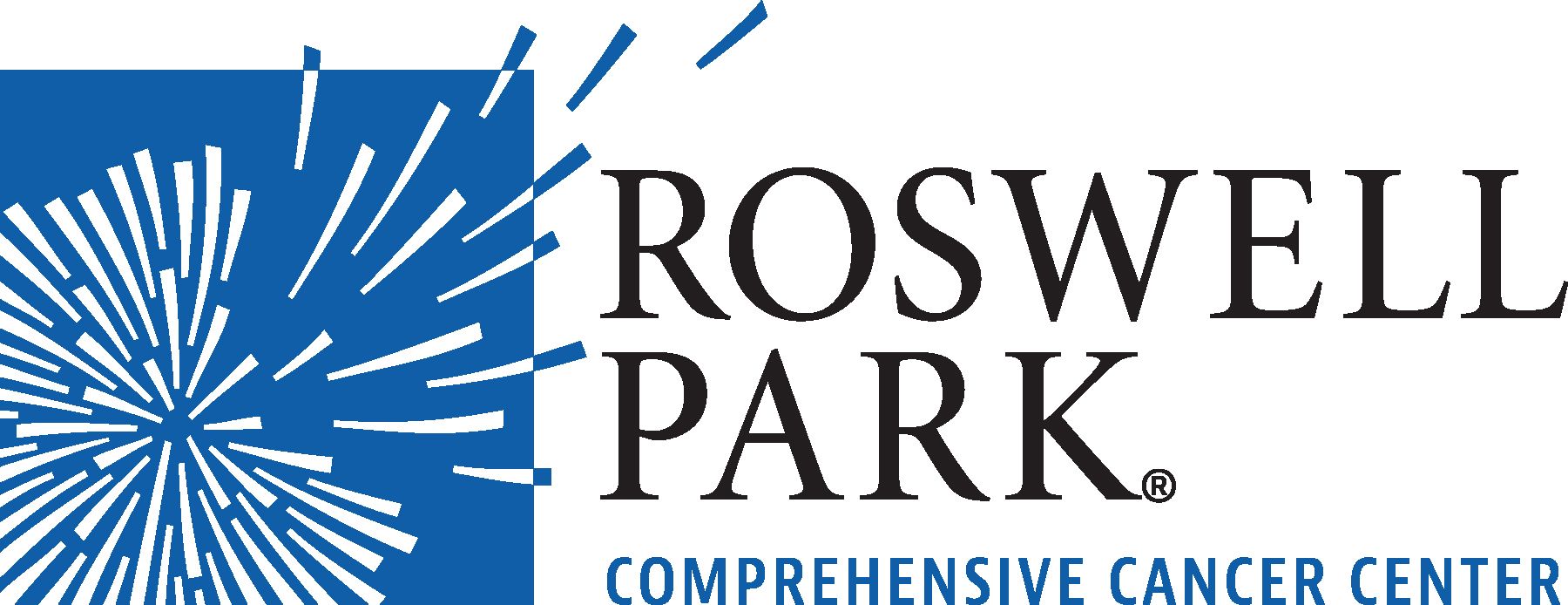
Dr. Roy on the Effect of Neoadjuvant Chemotherapy on OS in Sarcomatoid Bladder Cancer

Arya Mariam Roy, MBBS, discusses the effect of neoadjuvant chemotherapy on overall survival in patients with sarcomatoid muscle-invasive bladder cancer.
Arya Mariam Roy, MBBS, a hematology fellow at the Roswell Park Comprehensive Cancer Center, discusses the effect of neoadjuvant chemotherapy on overall survival (OS) in patients with sarcomatoid muscle-invasive bladder cancer.
In a retrospective database study examining the impact of neoadjuvant chemotherapy on pathological stage and survival in sarcomatoid bladder cancer, findings showed that patients treated with neoadjuvant chemotherapy experienced a median OS of 40.8 months vs 19.4 months for those who were not treated with neoadjuvant chemotherapy (log-rank P = .003). Additionally, 24.5% of patients who were administered neoadjuvant chemotherapy underwent downstaging to pT0-1N0 at the time of radical cystectomy, compared with 6.8% of patients who did not receive neoadjuvant chemotherapy (P = .001).
Sarcomatoid bladder cancer is a rare and aggressive histological variant that is associated with a poor prognosis; however, investigators identified and analyzed 573 patients with sarcomatoid bladder cancer. Twenty-five percent of these patients received neoadjuvant chemotherapy. Prior to this study, investigators did not have data pointing to the survival benefit for the use of neoadjuvant chemotherapy in this patient population, Roy says.
Since the median age of patients who received neoadjuvant chemotherapy was 65 years, compared with 71 years for those who did not receive neoadjuvant chemotherapy, investigators also adjusted the analysis in order to account for the confounding factors that could affect the study results, including age, race, gender, socioeconomic status, and where a patient received treatment, such as at an academic institution or a community center, Roy says.
After adjusting for these confounding factors, the survival statistics were better in the neoadjuvant chemotherapy group compared with the non–neoadjuvant chemotherapy group. Both the pathological downstaging (HR, 0.5; 95% CI, 0.3-0.8; P < .001) and the use of neoadjuvant chemotherapy (HR, 0.73; 95% CI, 0.56-0.91; P = .02) were independent predictors of survival in sarcomatoid bladder cancer, Roy concludes.




































